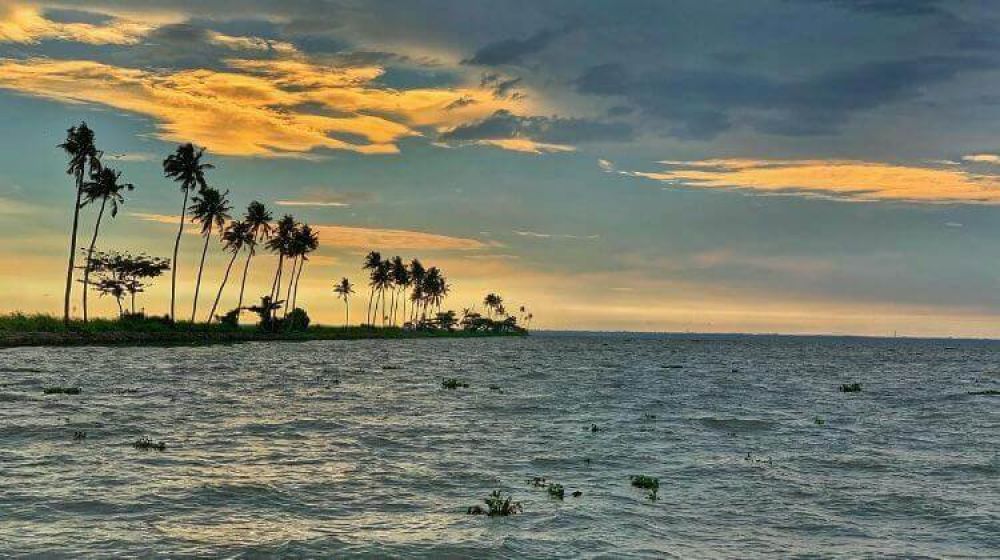

As the longest lake in India and the largest in the state of Kerala, Vembanad Lake has been a cornerstone of tourism in the region of Alleppey, also known as Alappuzha. The history of tourism around Vembanad Lake is as rich and varied as the ecosystem it supports. Located in the heart of Kerala's backwaters, a complex network of waterways, this natural wonder has been attracting visitors for centuries, but organized tourism started flourishing particularly in the 20th century.
The foundations of tourism in Vembanad Lake can be traced back to the days of the British Raj when British civil officers used the lake's houseboats for transportation and leisure. These houseboats were then called "Kettuvallams" and have evolved into a defining feature of the lake.
The post-independence era witnessed concerted efforts to promote Kerala as a tourist destination. Vembanad Lake became a focal point, thanks to its tranquil waters, the lush greenery of its wetland ecosystem, and the rich cultural tapestry of the surrounding regions.
In the 1980s and 1990s, Kerala's Department of Tourism recognized the potential of Vembanad Lake and began actively promoting "responsible tourism" to maintain the area's ecological balance while also showcasing its natural beauty. Infrastructure around Alappuzha was developed, with resorts and homestays springing up that focused on providing an authentic backwater experience.
A turning point in the lake's tourism history was the introduction of luxury houseboats. These came to symbolize a unique accommodation experience that drew tourists from around the globe. The houseboats, once simple rice barges, were converted into floating havens with bedrooms, kitchens, and balconies, offering tourists a chance to explore the lake's serene waters.
Today, Alappuzha and the Vembanad Lake are heralded as a must-visit destination for those exploring the southern part of India. The lake, a haven for bird watchers, is also home to the famed Nehru Trophy Boat Race, which sees tens of thousands of visitors every August. Eco-friendly tourism is gaining traction, with many operators now offering sustainable tourism options that include solar-powered houseboats and eco-lodges.
Health and wellness tourism is also a growing trend, with many visitors coming to the Vembanad Lake area to experience Ayurvedic treatments and yoga retreats. The tranquil environment around the lake makes it ideal for rejuvenation and therapy.
Community involvement is a recent and important trend in the area's tourism, with local communities playing a significant role in the upkeep and sustainability of the region. Initiatives like the Kerala Responsible Tourism project encourage tourism that creates jobs and conserves the environment.
Vembanad Lake in Alleppey remains a timeless attraction, continuing to enthrall visitors with its cultural vibrancy and untouched natural beauty. Through the efforts of the government and local communities, the lake's historical charm combined with current trends ensures a thriving future for tourism in the area.